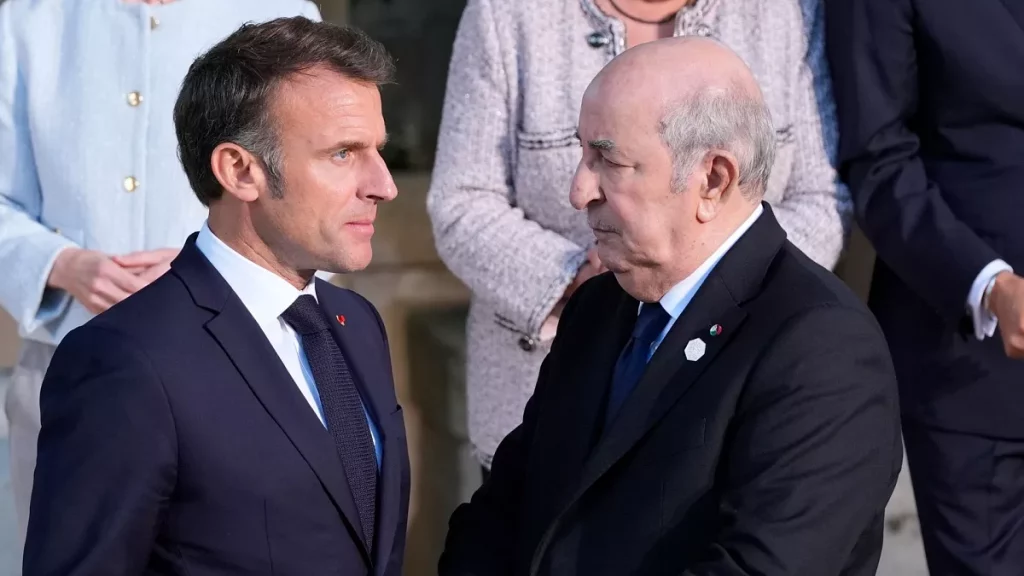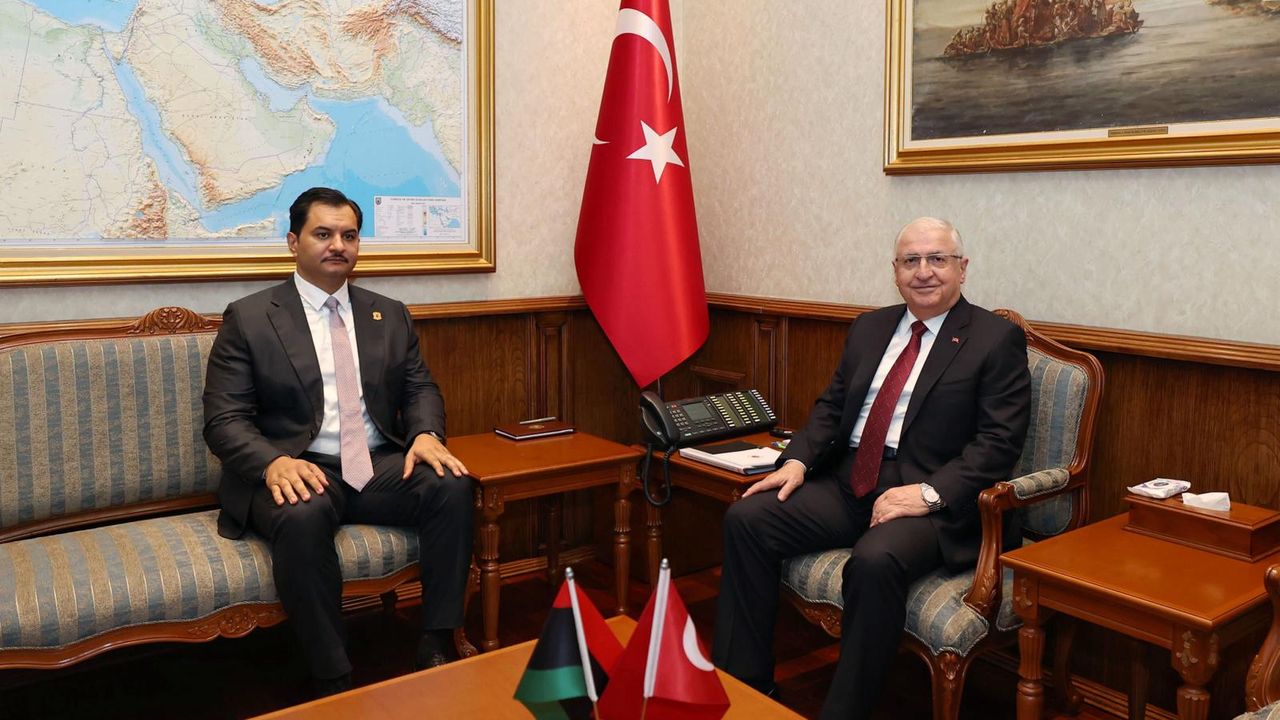Algeria faces pressure as support shifts to Morocco plan

Algeria is facing mounting diplomatic pressure in its continued support for the Polisario Front, as global backing increasingly shifts towards the Morocco autonomy plan for the disputed Western Sahara region,claims the Moroccan government friendly HESPRESS on April 5th.
Recent policy realignments by key players such as France and Spain — both now endorsing Morocco’s territorial claims — represent a major blow to Algeria’s long-standing regional strategy.
In a symbolic gesture, Algiers reinstated its ambassador to Madrid in late 2023, ending a prolonged diplomatic rift triggered by Spain’s recognition of Moroccan sovereignty over the Sahara.
Similarly, Algeria appears to be softening its rhetoric towards France, following tensions that arose from President Emmanuel Macron’s apparent support for Rabat’s position.
Analysts in Morocco are perhaps unsurprisingly upbeat and interpret these developments as indicators of Algeria’s waning influence over the Sahara issue, particularly as more than 50 nations — many from Africa and Latin America — have withdrawn recognition of the self-proclaimed Sahrawi Arab Democratic Republic (SADR).
While critics of Morocco claim that many of these African countries have been offered incentives to support Rabat, including rent free embassies in the Moroccan capital, it is true to say that many EU countries are broadly supporting Rabat’s stance.
19 European countries have expressed support for Morocco’s autonomy plan although it is rarely acknowledged by Rabat that many of them also believe that a referendum in the region is required as part of the UN process.
Dr Abdefattah El Fathi, Director of the Sahara and Africa Centre for Strategic Studies, said Algeria’s inability to sway France and Spain illustrates the limitations of its diplomatic influence.
“Despite severing trade ties and recalling ambassadors, Algiers was ultimately forced to accept these new realities,” he told Hespress AR, adding that this signals a “broader erosion of its ability to impose geopolitical vision.”
El Fathi also suggested that the Polisario Front’s international isolation is likely to intensify, possibly accelerating calls to remove the group from the African Union — a body Morocco has actively re-engaged with since rejoining in 2017.
Dr Abderrahmane Benlyass, a political science professor at Mohammed V University in Rabat, characterised Algeria’s diplomatic manoeuvres as largely ineffective, especially in efforts to retain influence over key North African allies.
“This is not than just a tactical loss,” he said. “It’s indicative of deeper geopolitical transformations in which national interests — particularly economic and security — increasingly dictate foreign policy.”
Benlyass noted that Algeria’s attempts to leverage gas exports to pressure Spain, and its diplomatic withdrawals aimed at France, failed to alter either country’s position.
Instead, he argued, “these moves exposed the fragility of Algeria’s diplomatic playbook and further legitimized Morocco’s autonomy initiative as the only realistic solution.”
He also warned that Algeria’s diminishing international standing may undermine its calls for a referendum on self-determination — a narrative increasingly sidelined in favor of pragmatic, interest-based partnerships.
Looking ahead, both analysts agreed that Morocco must remain diplomatically agile to fully benefit from the shifting geopolitical climate.
The success of initiatives such as the Atlantic cooperation framework and the Nigeria-Morocco-Europe gas pipeline will be critical in forging durable regional partnerships and consolidating diplomatic progress.
“Morocco’s ability to convert diplomatic wins into long-term economic and political partnerships – especially in West Africa and the Sahel – will determine whether the current momentum can be sustained,” said Benlyass.
He underscored the importance of maintaining an active diplomatic presence to counter Algerian narratives in international forums aimed at challenging Morocco’s territorial integrity.
As global recognition of the Morocco autonomy plan grows, Algeria finds itself increasingly marginalised — perhaps raising questions about the future of the Polisario Front and a potential realignment of regional power dynamics in North Africa.
HESPRESS. Maghrebi
Want to chase the pulse of North Africa?
Subscribe to receive our FREE weekly PDF magazine












